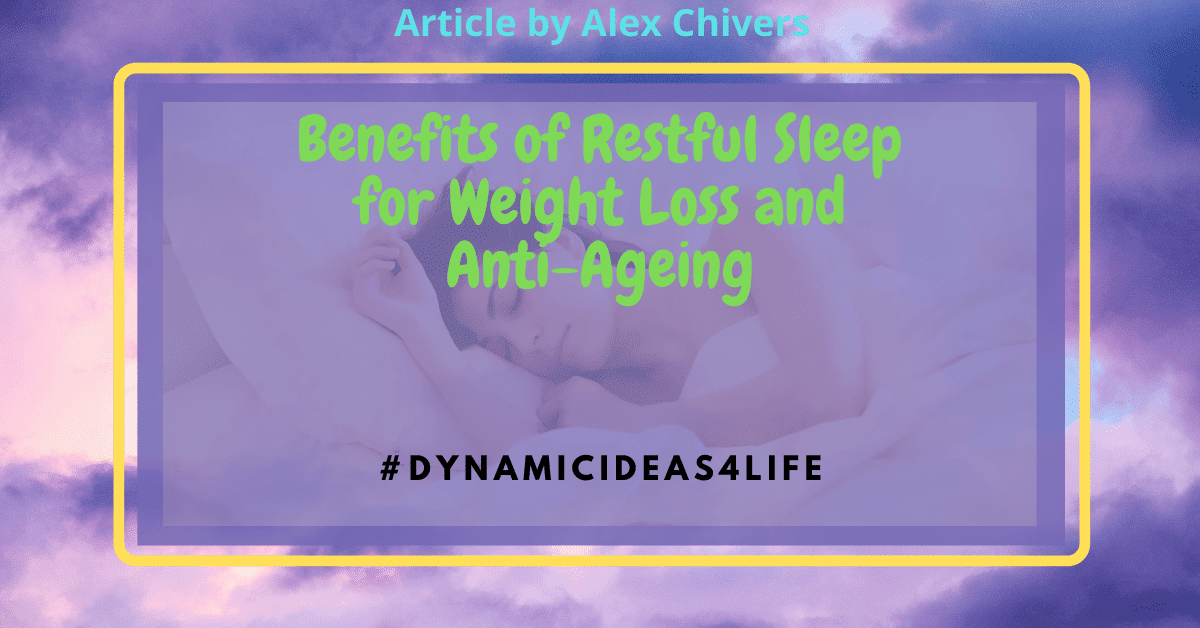
The benefits of restful sleep cannot be overstated. Sleep is essential for both physical and mental health, yet many people struggle to get the right amount or quality of sleep they need.
Restful sleep is a lot more important than many might realize. From improved mood and energy levels to better cognitive function and immune system health, the list goes on and on.
Exactly why optimizing your sleep hygiene and creating a relaxing sleep environment is an absolute must.
But don’t just take this from me countless studies have been done about our sleep patterns and what happens if we don’t sleep well enough. Throughout this article, I will look to explore this further to actually highlight what the benefits of restful sleep actually are. So let’s begin here…
The Benefits of Restful Sleep What Are They?
Some of the Main Benefits of Restful Sleep Are As Follows;
- Build up a Stronger Immunity Against Sickness and Disease.
- Better Weight Management.
- Lower the Risk of Diabetes and Heart Disease.
- Relieve Stress and Improve your Mood.
- Sharper Focus For Work Related Tasks.
- People Will Notice A Change In Your Personality
- You Can Be More Helpful To Others
I am sure there are a few more that I have missed but let’s continue;
What is Restful Sleep?
Now most people… Actually, maybe make that everyone has heard the saying “A Good Night’s Sleep”. It is probably because we will all have had one time or another when even though we got to bed to sleep OK, still the next day, we ended up feeling like absolute rubbish. This is NOT restful sleep.
But what is restful sleep though, to be clear, this is when we sleep without any problems for sure but to elaborate on this a bit further restful sleep is actually a term that is coined for a phase of our sleep cycles.
If you’ve heard of deep sleep or SWS {Slow Wave Sleep} before this is the same thing. It is something that occurs known as NREM Delta Sleep ~ the 3rd & 4th stages of our sleep cycles.
To explain this better I will share with you this diagram below;
To get Restful sleep we must first sleep through the first 2 cycles of sleep {NREM Alpha & NREM Theta}.
#Note: NREM, if you’re wondering, is an acronym for Non-Rapid Eye Movement (REM).
During this time this first cycle of sleep will last around 45 to 90 minutes but on a usual night, there will usually be shorter cycles after.
After this, the final phase is REM sleep. This is when we most often remember our dreams and when we are usually most likely to wake up. REM sleep is a good sign as it means we have cycled through deep sleep.
If we do not get REM sleep then we have not rested properly. REM sleep is what we need really every night.
How Restful Sleep Can Help?
The benefits of restful sleep are quite clear for anyone that has had a good night’s sleep before. But regularly getting consistent nights of restful sleep is what is really important.
If we look at Weight Loss for example, if you are overweight then restful sleep can help by boosting the regulation of hormones such as Leptin, Adiponectin, Ghrelin, and Insulin.
Also, when we replenish our energy levels this can make us feel more active, and more able to commit to exercise. Something that is obviously very good for us itself.
But not just this, deep sleep can also increase blood flow to our muscles and repair damaged bone and tissue.
And this is before we look at the anti-aging effects of deep sleep. These occur because of cellular regeneration and the release of HGH (Human Growth Hormone) and of course, something else to mention is Immune Health.
There aren’t actually many bodily functions restful sleep does not help with and it really is quite fascinating when we begin to understand more about how it works and what it actually does to the human body as a whole.
Factors that Can Disturb Restful Sleep
So getting the sleep we need, likely we will know, all too well, about things that go bump in the night. Many things can stir us whilst we are trying to get our 40 winks for the night but some things especially we must pay special attention to.
I will share just a few of these things below. We will start one of the BIG ones.
i.) Drugs, Alcohol, and Smoking
Both Illegal and legal over-the-counter (OTC) drugs can affect our quality of sleep. But alcohol can be very much the same. In fact, alcohol on its own can be very bad as it can affect the release of the sleep hormone Melatonin and it can cause mucus to thicken in our airways.
Much like it is for a heavy smoker this can affect our breathing in much the same way.
So, If you either drink alcohol, smoke, take drugs, or even if you do all 3 pay attention to how this is affecting your sleep. Poor lifestyle choices are one of the biggest disruptors of restful sleep and whilst it might feel good to let loose every once in a while be sure to note that all the time not sleeping well is very bad for you.
However, a lack of restful sleep is not always self-inflicted. Something else to note is…
ii.) Sleep-Related Breathing Disorders
One good example here is Sleep Apnea. There are actually different types of Sleep Apnea but maybe the main type is Obstructive Sleep Apnea (OSA). This is very much like what happens when we drink alcohol. Because our throat muscles relax more mucus is produced as an immune response and this is what stops us from breathing.
Also, the 2nd type of Apnea is when our brains do not signal our throat muscles to help us breathe whilst we are asleep. In both situations, this can cause us to keep waking up repeatedly because we are starved of oxygen. This affects Restful sleep because much the same as what I’ve said above.
People who can not breathe will be woken up as a natural response to a lack of oxygen, which affects the sleep cycle because it has to start over again and again. This is probably one of the more extreme cases but besides this another one a lot of people suffer from is…
iii.) Shallow Sleep and Sleep-Wake Cycle Disorders
Shallow sleep syndrome is a condition where a person’s sleep is frequently interrupted, resulting in poor sleep quality. People with this condition may wake up frequently during the night, experience vivid dreams or nightmares, and feel tired and groggy during the day.
Shallow sleep can be caused by a variety of factors, including stress, anxiety, depression, sleep apnea, or certain medications.
Sleep-wake disorders, on the other hand, refer to a group of conditions that affect a person’s sleep and wake cycles. The most common sleep-wake disorder is insomnia, which is characterized by difficulty falling asleep or staying asleep.
Other sleep-wake disorders include sleep apnea, narcolepsy, and restless leg syndrome.
These conditions can cause excessive daytime sleepiness, fatigue, and other symptoms that can interfere with a person’s daily activities.
Restful Sleep For Weight Loss and Anti-Ageing
For anybody that is looking to lose weight, there are certainly some different things to consider. Why you want to lose weight, how you plan to lose weight, and what options you currently have.
Although, one thing that is also worth looking into, maybe more so is finding out what the root cause of your body weight issues is.
You can maybe, to begin with firstly look into your eating habits. Do you eat more than what you consider to be normal? and also what kind of foods do you eat? Is this a lot of junk food and fizzy drinks? Or how about your meal times – do you eat square meals such as breakfast, lunch, and dinner or is it a snack here and a snack there?
I would say these are all very important things to consider. But If you feel you are eating when you shouldn’t really need to then this could be because of Leptin Resistance. This is a condition when we feel hungry when we actually don’t even need to eat. It has very much to do with the relationship between the hormones Leptin and Ghrelin.
To best explain this I will elaborate further in the next section.
Read more: Leptin Resistance Treatment for Weight Loss
So, Leptin Resistance is caused by the Leptin Hormone not reaching the hypothalamus part of the brain to tell it that enough energy has been stored. Instead, the brain will keep signaling to release the hunger hormone Ghrelin which makes us still feel like we are hungry even when we really shouldn’t be.
It also may be worth noting that the stress hormone cortisol attacks Leptin as well as other hormones, and this is another factor that causes Leptin signals to fail.
In this case, restful sleep can be very good as it can decrease cortisol levels and also correctly regulate the Leptin Hormone. Not to mention improve metabolic function which can also help burn calories.
Restful Sleep and Insulin Levels
Insulin is very important in this respect as well. Its main role is to regulate the metabolism of fats, carbs, and proteins by glucose absorption. This is essential for burning calories and this is another one of the main benefits of restful sleep for weight loss.
Actually, both Leptin and Insulin need restful sleep for their correct and proper regulation.
For this to happen when we sleep from the pituitary gland our brain releases the human growth hormone (HGH). The release of HGH is the most important part of deep sleep. It is what makes children grow and what helps an adult’s body repair damaged cells and tissue.
Bone health, joint health, blood pressure, cardio rhythm, and HORMONE REGULATION all need HGH.
Also, the Anti-Ageing aspect of restful sleep is to do with the release of HGH too.
How About Restful Sleep Supplements
For people struggling with a sleep deficiency, deep sleep supplements can be a helpful addition to their treatment plan. These supplements are designed to promote deeper, more restful sleep, allowing the body to rejuvenate and repair during the night.
Some common deep sleep supplements include Melatonin, Magnesium, Passionflower, and 5-HTP.
One supplement that looks good for its ability to enhance deep sleep is Bioptimizers Dream Optimizer.
This supplement is formulated with natural ingredients, including distilled water, lemon essential oil, glycine, 5-HTP, and a small dosage of melatonin. Together these ingredients help promote relaxation, reduce stress, and enhance sleep quality.
Additionally, Dream Optimizer contains only a very small amount of melatonin, which is specifically measured to not mess with the natural production of this hormone. This means that, unlike other supplements that may stop working and even make your sleep worse, you can use this whenever you need it to do the job.
Final Thoughts
Many people overlook Restful Sleep and many people might not even know they are getting the right hours of the right sleep but ultimately the benefits are quite clear. It is important to make sure you are getting restorative sleep as often as you can.
weA lack of restful sleep can soon take its toll on your health and wellness so this should not be ignored.
I hope today’s article has been helpful and if you would like to share your thoughts, please leave us a comment below.
Many thanks for reading and if you know anyone that might find this helpful please give this post a share.
FAQs
What are the Five Most Important Aspects of Rest and Sleep?
1.) Duration: The amount of time spent sleeping is crucial for overall health and well-being. Most adults require between 7-9 hours of sleep each night to function optimally.
2.) Quality: The quality of sleep is just as important as the duration. Quality sleep allows the body to rest and repair, which is essential for physical and mental health.
3.) Consistency: A regular sleep schedule is crucial for maintaining a healthy sleep-wake cycle. Going to bed and waking up at the same time each day can help improve the quality of sleep and enhance overall well-being.
4.) Environment: The sleep environment can also play a significant role in the quality of sleep. A cool, dark, and quiet room can help promote restful sleep and reduce the likelihood of disruptions.
5.) Sleep Hygiene: Practicing good sleep hygiene is essential for promoting healthy sleep habits. This can include avoiding stimulants like caffeine and electronics before bed, establishing a relaxing bedtime routine, and avoiding naps or excessive alcohol consumption.
How Many Hours Do You Need To Achieve Restful Sleep?
The amount of sleep required to achieve restful sleep can vary depending on the individual’s age, lifestyle, and other factors.
Generally speaking, adults need between 7-9 hours of sleep each night to feel rested and refreshed, while teenagers may require more, around 8-10 hours per night.
However, it’s important to note that the quality of sleep is just as important as quantity. Even if you sleep for a long duration, if the quality of your sleep is poor, you may still feel tired and groggy during the day. So, it’s important to focus on both the duration and quality of your sleep to achieve proper restful and rejuvenating sleep.
Is 2 Hours of Restful Sleep At Night Enough?
No! 2 hours of restful sleep at night is not enough for most people to function optimally during the day.
While some people may be able to function on less sleep than others, the majority of adults need between 7-9 hours of sleep each night to feel rested and alert during the day.
Sleep is essential for physical and mental health, and a lack of sleep or poor quality sleep can have negative effects on mood, cognitive function, and overall well-being.
If you are consistently getting less than 7 hours of sleep per night, it may be worth talking to a healthcare professional to determine if there is an underlying issue affecting your sleep, and to develop a plan to improve the quantity and quality of your sleep.
What Are the Dangers of Not Resting?
The dangers of not resting can be a number of different things. These can include;
1.) Increased Risk of Injury: When you don’t give your body enough time to rest and recover after physical activity, your muscles and joints can become strained, which increases your risk of injury.
2.) Weakened Immune System: Lack of rest can weaken your immune system, leaving you vulnerable to infections and illnesses.
3.) Mental Fatigue: Not resting can lead to mental fatigue, which can make it difficult to concentrate, make decisions, and solve problems.
4.) Poor Sleep Quality: If you don’t take time to rest during the day, you may find it difficult to fall asleep at night, which can lead to poor sleep quality and leave you feeling tired and groggy the next day.
5.) Increased Stress and Anxiety: Not resting can also increase your stress levels and make you more prone to anxiety, which can negatively impact your mental and physical health over time.
6.) Decreased Productivity: Without proper rest, you may find it difficult to stay focused and be productive, which can have a negative impact on your work and personal life.
7.) Burnout: Consistently not resting can lead to burnout, a state of emotional, physical, and mental exhaustion that can have long-term consequences on your health and well-being.
How Long Can You Go Without Restful Sleep?
The human body requires restful sleep in order to function properly. While the exact duration of time a person can go without restful sleep depends on various factors, such as age, overall health, and lifestyle, in general, a person cannot go without restful sleep for an extended period of time without experiencing negative effects.
Most adults require an average of 7-9 hours of restful sleep per night to feel well-rested and alert during the day. However, some people may require more or less sleep depending on their individual needs.
Going without restful sleep for just one night can cause symptoms such as irritability, difficulty concentrating, and fatigue. If a person consistently goes without restful sleep for several nights in a row, they may experience more serious symptoms, such as anxiety, depression, and an increased risk of accidents and injuries.
In extreme cases, going without restful sleep for extended periods of time can lead to hallucinations, psychosis, and other serious mental health issues. Therefore, it is important to prioritize restful sleep as a vital component of overall health and well-being.
YOUR FEEDBACK
Once again thanks for your time if you’ve read this far into this very long article. Hope you’ve enjoyed reading. I’ve definitely outdone myself this time put it that way but if you have found this content helpful
Please Like, Share, and Subscribe.
Also any questions, or any feedback you’d like to leave I’d be more than happy to try and answer.
See the comments section.
and with that in mind.
Kind regards
Yours Sincerely
Alex Chivers
DynamicIdeas4Life.com
Contact us at chivs86@dynamicideas4life.com
References
- National Sleep Foundation. “Why Good Sleep is Important.” https://www.sleepfoundation.org/articles/why-good-sleep-important
- Harvard Health Publishing. “Sleep and Mental Health.” https://www.health.harvard.edu/newsletter_article/sleep-and-mental-health
- Mayo Clinic. “Sleep: The Foundation for Healthy Habits.” https://www.mayoclinic.org/healthy-lifestyle/adult-health/in-depth/sleep-the-foundation-for-healthy-habits/art-20270117
- American Heart Association. “Sleep and Cardiovascular Disease.” https://www.heart.org/en/healthy-living/healthy-lifestyle/sleep/sleep-and-cardiovascular-disease
- Centers for Disease Control and Prevention. “Sleep and Chronic Disease.” https://www.cdc.gov/sleep/about_sleep/chronic_disease.html
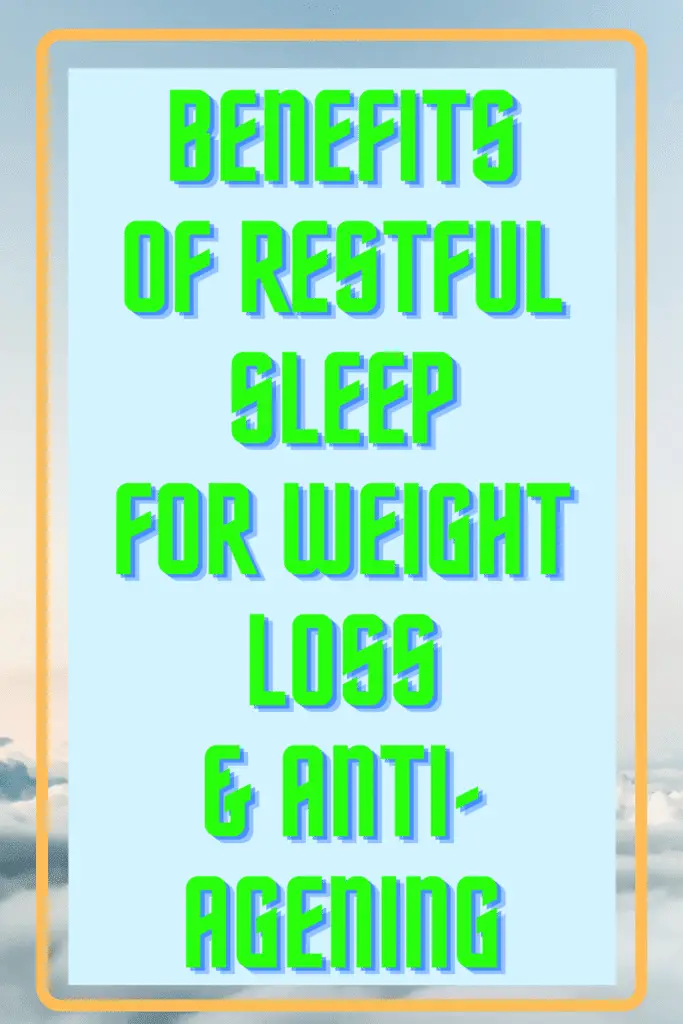
Anxiety and Depression BiOptimizers blood pressure supplements blood sugar control blood sugar support supplements cognitive function digestive enzymes Digestive Enzymes Supplement digital products Dr Sam Robbins Gut Health Gut Health While Travelling Health Tips for Travelling Healthy Living heart health HFL how to lower blood sugar levels How To Lower Cholesterol insulin resistance joint health supplement Keto keto dieting Keto Diet Weight Loss leaky gut supplements leptin resistance Magnesium deficiency Matt Gallant mental health multivitamins Nootopia Nootropics Probiotics Probiotic Supplements reverse type 2 diabetes stress and anxiety stress relief Supplements vitabalance vitapost Wade Lightheart weight loss articles weight loss diet plans weight loss product reviews weight loss supplements weight loss tea
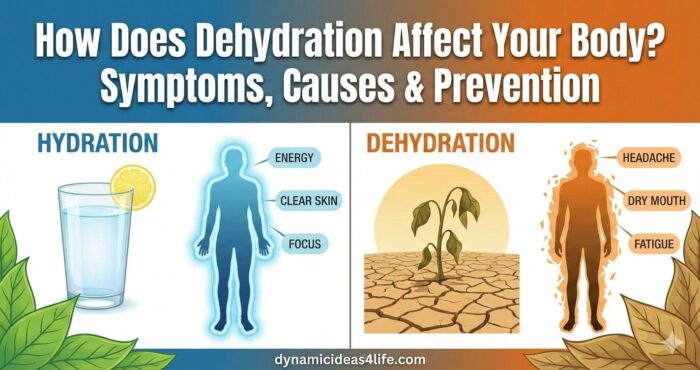
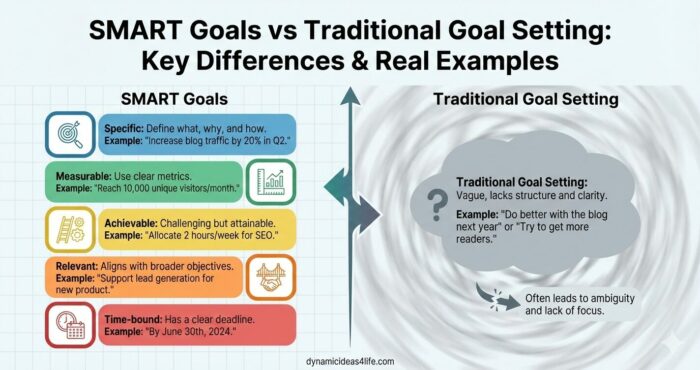

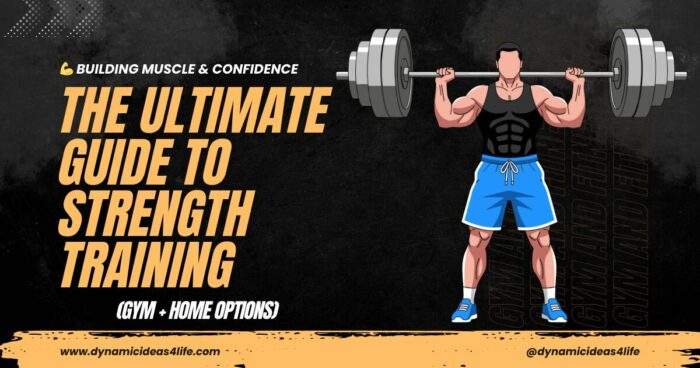




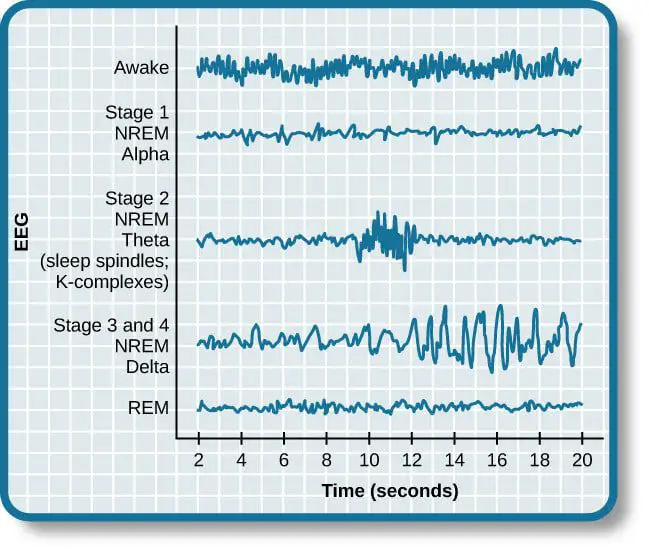
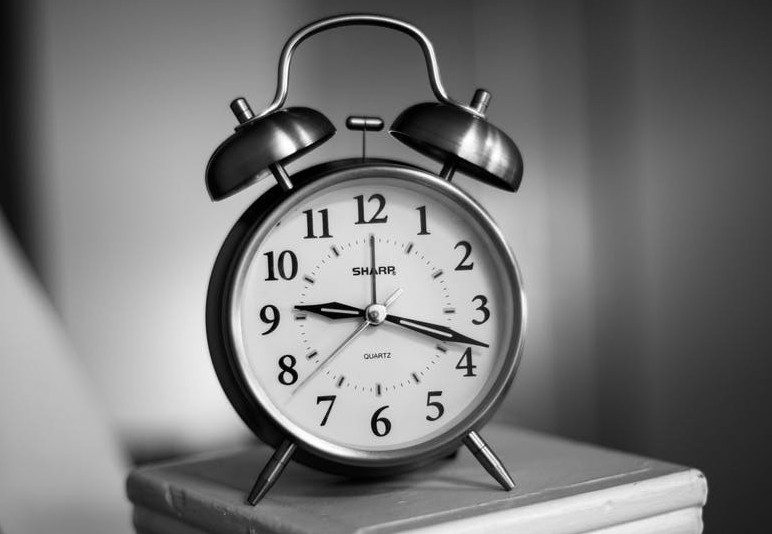

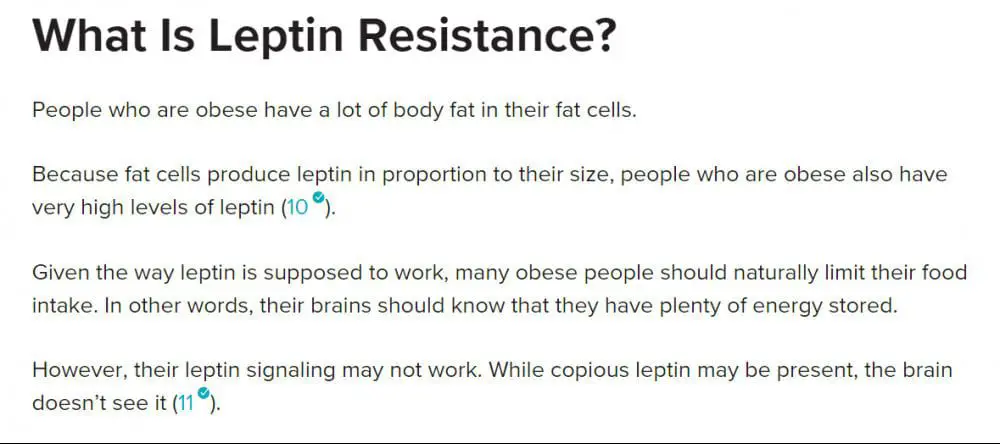
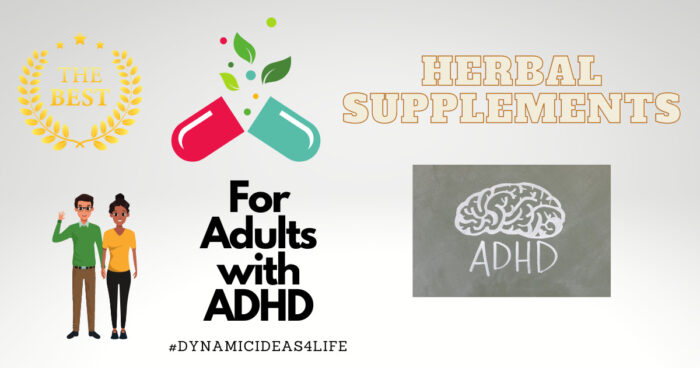


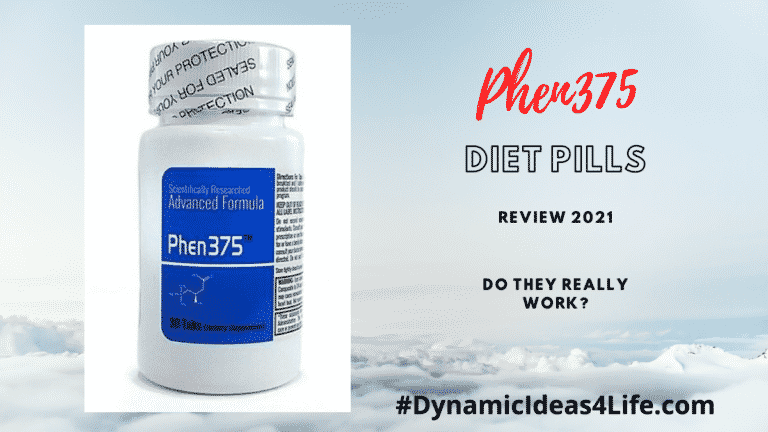
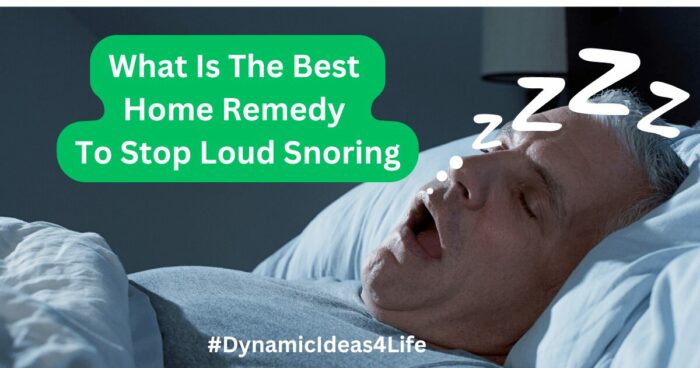

Hello Alex, I am so pleased I found your article as I have been struggling with both. Sleep and weight loss. I could also use some tips for anti-ageing and I have certainly found them here. Having read your article, I think I might be suffering from shallow sleep syndrome. I see that you recommend Resurge for deep sleep and weight loss. Do you use this product? Do you have any other recommendations to help me overcome shallow sleep syndrome? I also checked out your article on Aloe Vera with the recipe. That is so handy, thank you.
Hi Trevor, I would actually try out Sleep Support Plus over Resurge as it is $22 cheaper and I’ve heard resurge can be slow with delivery. Although I have read feedback of people buying Resurge just for insomnia so I really think it can help with sleeping but It is just the price and the delivery times which cause me concern.
Great input Alex,
Mucus thickening in airways due to alcohol, yes I did actually experience that quite a number of times. Waking up with a hangover is normal, but the mucus really bothers me as it’s quite uncomfortable and people are asking me “Dude, why is your voice like a rockstar?” or even asking me if I’m okay.
I never knew it’s a side effect of alcohol before sleeping, how many hours do you think should we last drink before going to bed?
Hi Riaz, I wish I knew as I regularly suffer from this if I drink but in my experience, it isn’t so bad if I don’t drink a lot and also if you drink on consecutive days this can cause it also. Sometimes I found using vix can help but the actual issue is our muscles relax in our throat and the thickening mucus is an immune response.
Alex good, this is very informatics content.
you more read weight lose visit. https://healthosk.com/best-weight-loss-tips-diet-plan-at-home/